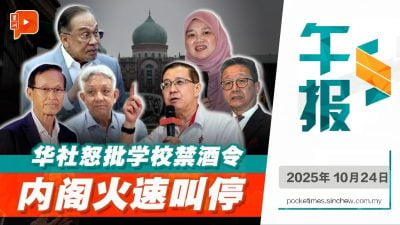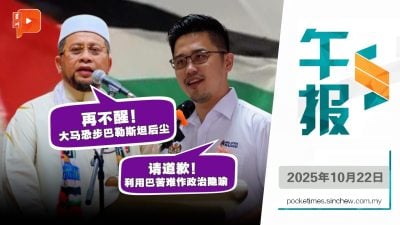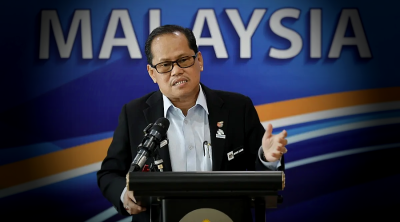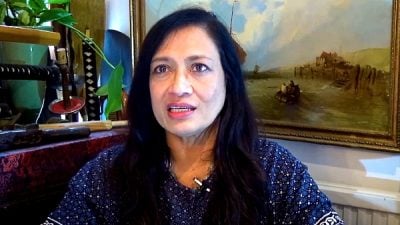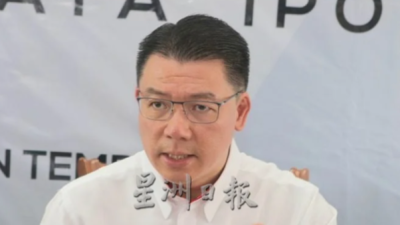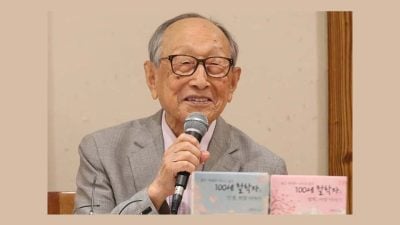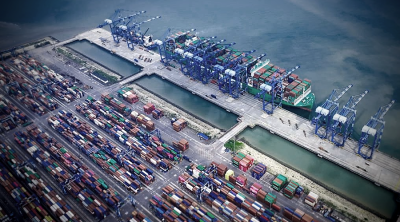
Prime minister Anwar Ibrahim brought much publicity to the Palestinians who were seeking treatment in Malaysia when they left the battle-scarred place they all call home.
Anwar cited humanitarian reasons for airlifting them, and his largesse was supported by the majority of Malaysians.
However, Malaysians must realise that Palestinians are not the only refugees to be found in Malaysia.
We are so consumed with our lives and making money, or providing for our families, that many of us ignore the plight of people who are forced to choose between survival and death.
These people are the refugees who have temporarily settled in Malaysia.
Some would like to remain and will have made an official request to do so. Others are en route to a third country once the negotiations with the authorities of that “adopted” country and the United Nations High Commissioner for Refugees (UNHCR) are successfully concluded.
The coronavirus pandemic and Movement Control Order worsened things for most Malaysians. The effects are seen in the cost-of-living crisis, the large increases in unemployment, the huge numbers of bread winners taking on two or three sorts of employment just to manage.
Many Malaysians also misunderstand the term “refugee”. Many wrongly think that refugee is synonymous with the term illegal migrant.
A refugee is NOT an “illegal” or an undocumented immigrant. An asylum-seeker can only obtain refugee status after passing a vetting process which is defined by international law.
In 2018, Mohamad Ab Halim, the chairman of the Malaysian Social Research Institute (MSRI) providing support for displaced people, wrote about the plight of refugee families in Malaysia.
At that time, he said that around 5,000 people, from about 1,900 refugee families, are registered with the MSRI, and he urged the Malaysian authorities to increase their efforts to reduce the suffering of the refugees.
He wanted them to push for a more active role in the international political arena.
Crises affecting nation states, like in Myanmar and Palestine, will create refugees.
How many Malaysians are aware of the suffering of the refugees who are either transiting or hoping to settle in Malaysia?
How many Malaysians know of a refugee or have befriended one or tried to help them either through a charity or their own volition?
How many of us are ready to volunteer and extend a helping hand, to make the refugees lives more bearable?
Are we and our authorities able to increase our efforts to alleviate the suffering of refugee children?
We can provide fair and equal treatment with respect to educational opportunities and the provision of health care. Are we capable of doing that? Or do we cherry-pick whom we help?
Malaysians must realise that Palestinians are not the only refugees to be found in this country.
We may not realise it, but it is our inaction that will have a massive impact on the lives of the refugee children. The refugee children inadvertently become the innocent victims of apathy.
Climate change, an unstable political structure and drought patterns around the word, have forced people to flee their own countries, to seek shelter and hope in a safer environment elsewhere.
Many are forced to camp at the country’s border, while others successfully enter a neighbouring country, either legally or illegally.
We have hundreds of thousands of refugees from Afghanistan, Iran, Myanmar, Palestine, Pakistan, Sri Lanka, Syria, and Yemen.
In 2018, around 25,000, or 17 per cent, were under the age of 18, and only 30 per cent of this group had access to education at community learning centres.
Has Malaysia ratified the 1951 UN Refugee Convention? Unless this convention is signed, the onus for their welfare falls on the United Nations High Commission for Refugees (UNHCR).
For as long as we are not a signatory to the 1951 Refugee Convention relating to the refugees, they will continue to have few rights in Malaysia.
This means that UNHCR-recognised refugees including the Palestine and those from other countries will continue to suffer in immigration detention, where they, and their children, are locked up, whilst waiting for a country to resettle them, or they return to their country of origin.
The good work of the MSRI is to provide aid to the refugees during their stay in Malaysia.
Aid comes in many forms, including refugee schools, adult education classes, health programmes, as well as a livelihood and emergency support. Its objective is to make the refugees become more independent.
Without the implementation of new policies to reduce the suffering of the refugees, the families will continue to be denied access to legal representation, education, and affordable healthcare.
Do we allow our refugees to work? This would help to reduce the burden on the authorities, and at the same time give them dignity and security as well as hope, so that they will help contribute towards the Malaysian economy.
As everyone is aware, education empowers people, but in 2018, only a small percentage of refugee children in Malaysia attended school. The majority were denied access to education.
Who are we to deny refugee children an opportunity to fulfil their aspirations and have hope for the future?
Why are we denying them the chance to become useful members of society?
They need our help.
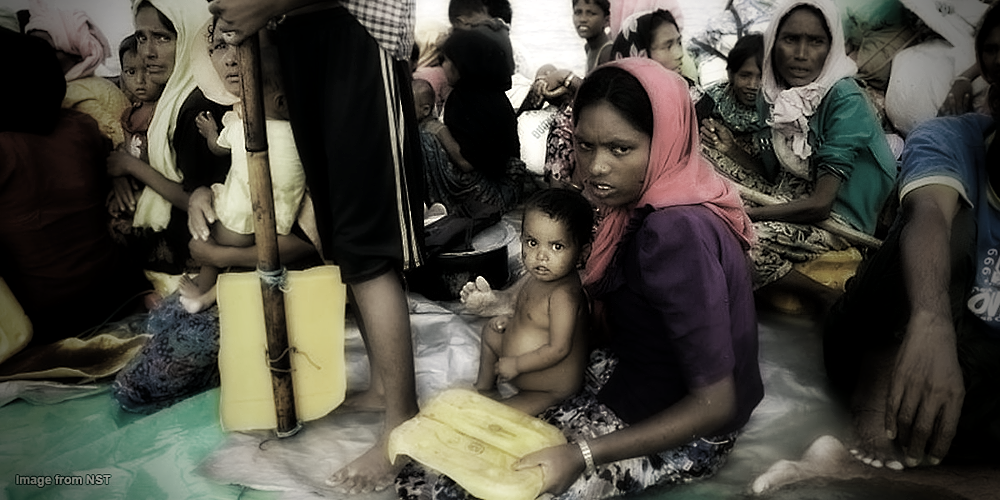
(Mariam Mokhtar is a Freelance Writer.)
ADVERTISEMENT
ADVERTISEMENT







